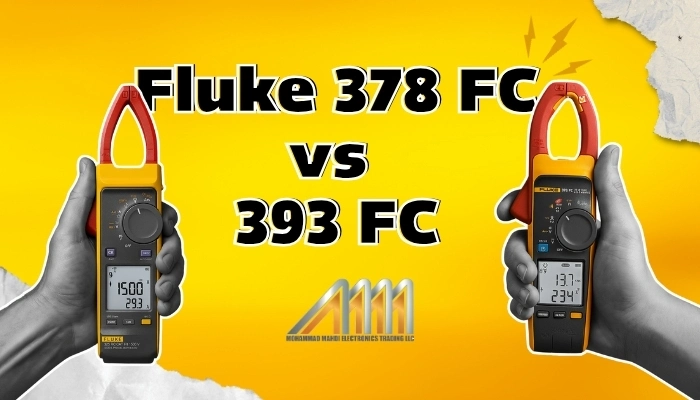
testo 835-T2 – High Temperature IR Thermometer
$2,361.00 (excl.VAT)Megger Mit525 UK Insulation Resistance Tester
$0.00 (excl.VAT)Megger MIT2500 Insulation Tester
$0.00 (excl.VAT)Megger MIT430/2 Insulation Tester
$0.00 (excl.VAT)FLIR TG165-X Thermal Camera
Comparative Analysis: Fluke vs. Competitors in Multimeter Technology

Multimeters are essential tools for professionals and enthusiasts alike, allowing for accurate measurement of voltage, current, and resistance. In this article, we’ll explore various multimeter manufacturers. Among them, Fluke stands out as a symbol of quality and innovation. But how does it stack up against competitors in a crowded market? And do other manufacturers have what it takes to compete with this renowned brand? This article provides a detailed comparison between Fluke and its competitors, helping you make an informed decision based on your needs and budget.
What Makes a Good Multimeter?
When choosing a multimeter, understanding the key features of crucial. Whether you’re troubleshooting circuits or performing high-stakes diagnostics, a reliable multimeter can save time and ensure safety. Here’s what to look for:
- Accuracy and Reliability: The ability to deliver precise measurements consistently is paramount.
- Durability and Build Quality: A good multimeter can withstand drops, rough handling, and exposure to harsh environments.
- Ease of Use: Intuitive controls and a clear display make a multimeter efficient and user-friendly.
- Safety Features: Protection against overloads and compliance with safety standards (e.g., CAT ratings) ensures safe operation.
- Price and Value for Money: A good multimeter should offer a balance between quality and cost. Choosing a model with the right features at a reasonable price gives you excellent value for your money.
- Support and Warranty: Strong customer support and a reliable warranty from the brand provide peace of mind during both purchase and use.
- Additional Features: Some multimeters come with extra features like temperature measurement, software connectivity for data analysis, or larger displays, which can make them more convenient and efficient to use.
Fluke and its competitors all claim to excel in these areas, but performance often depends on specific models and scenarios. for more information about what is a multimeter visit the link.
Fluke Meter Market Position
Fluke Corporation, established in 1948, has built a reputation for producing highly reliable, durable, and accurate multimeters. Some of their most acclaimed models include:
| Model | Key Features | Ideal For |
|---|---|---|
| Fluke 87V | True RMS, peak accuracy, robust build | Industrial electricians, engineers |
| Fluke 117 | Non-contact voltage detection, compact | HVAC, electricians |
| Fluke 289 | Logging and advanced analysis features | R&D, troubleshooting, electronics |
| Fluke 175 | High accuracy, True RMS, large digital display | General electricians, engineers |
| Fluke 179 | True RMS, data hold feature, rugged design | Technicians, electricians, engineers |
These models exemplify Fluke’s commitment to quality and user-centric design, setting high industry standards in multimeter technology. for fluke true rms multimeter visit our website.
Key Fluke Competitors In Multimeter Technology
Fluke is not the only manufacturer in the multimeter market. Several other brands offer similar quality and innovation, with different and more affordable pricing. While these brands maintain the high-quality standards of Fluke multimeters, they come with features that set them apart. For example, some of these brands may focus more on ergonomics, ease of use, or budget-friendly options, while Fluke emphasizes high accuracy, durability, and advanced technology. Each brand has unique features that may appeal to specific users based on their needs and budget. In general, while the quality of these brands’ multimeters is comparable to Fluke, they differ in design, features, and price, making the best choice depend on individual preferences and the intended use of the device. Here are some other brands listed.
| Brand | Country of Origin | Features | Price | Quality | Comparison with Fluke |
|---|---|---|---|---|---|
| Marmonix | Canada | Affordable, suitable for DIY projects and general use | Affordable | Acceptable quality, suitable for general use | Marmonix focuses on offering budget-friendly options, but lacks advanced features compared to Fluke. |
| Testo | Germany | High accuracy, suitable for professional and HVAC use | Moderate price | Very high accuracy and excellent build quality | Testo performs exceptionally well in HVAC and specialized environments, offering advanced features. |
| PCE Instruments | Germany | Advanced features, suitable for industrial and professional environments | Mid-range, more affordable than Fluke | Very high quality with advanced features | PCE excels in offering advanced features and is often more affordable than Fluke, making it ideal for industrial use. |
| Megger | UK | Specialized tests, particularly for insulation and earth testing | More expensive than Fluke | Very high accuracy and excellent build quality for specialized tests | Megger focuses more on specialized tests like insulation and earth testing, making it ideal for professionals requiring precision in these areas. |
Each of these brands is fluke multimeter alternative, making the choice more nuanced depending on your priorities.
Performance Comparison: Fluke vs. Competitors
Let’s evaluate how Fluke compares with these brands across essential features:
- Accuracy and Precision
Fluke is renowned for its unmatched accuracy, with models like the Fluke 87V offering industry-leading precision. Testo also offers high accuracy, especially for professional and precise applications. Marmonix provides good performance, especially for users seeking an affordable option. PCE Instruments offers multimeters with solid accuracy and advanced features that cater to diverse user needs. Megger specializes in precision for insulation and earth testing, excelling in this niche. - Durability and Build Quality
Fluke multimeters undergo rigorous testing, including drop tests and environmental stress tests. Testo is also designed for use in tough industrial conditions, with excellent build quality. PCE Instruments typically offers good build quality, making it suitable for industrial and professional environments. Marmonix, being a more affordable option, provides decent build quality for general use. Megger focuses on durability for specialized tests, making its multimeters rugged enough for demanding environments. - Ease of Use
Fluke’s intuitive designs, backlit displays, and ergonomic controls make them a popular choice. Testo also offers practical, user-friendly designs that make its devices easy to use in professional environments. PCE Instruments provides simple, functional designs that are easy to operate. Marmonix offers straightforward designs, ideal for users seeking hassle-free operation. Megger, focusing on specialized tests, may require additional technical knowledge for optimal use. - Safety Standards
Fluke leads with certifications like CAT III and CAT IV ratings, ensuring safe use in industrial environments. Testo and PCE Instruments also comply with similar safety standards and are fully safe for industrial use. Marmonix generally offers multimeters with adequate safety standards, while Megger provides advanced safety certifications, particularly for insulation and earth testing. - Price-to-Performance Ratio
Here, brands like Marmonix and PCE Instruments have an edge, offering budget-friendly options compared to Fluke, making them appealing to those looking for cost-effective solutions. Testo tends to be more expensive due to its high precision and advanced features. Megger also generally comes at a higher price due to its focus on specialized tests, but it offers precise and niche capabilities for specific environments.
Industry Applications
Multimeters are used across various industries, each with unique requirements:
- Electronics: Precision is key, making Fluke’s high-accuracy models like the Fluke 289 ideal for this sector.Testo 760– High accuracy and professional design for use in electronics.Marmonix (more affordable models) – A good option if you’re looking for a more budget-friendly choice for basic electronic measurements.
- Automotive: Fast and reliable measurements are crucial; here, the Fluke 117 is often the go-to choice due to its rapid response times and durability.Testo 770 – A highly accurate and reliable multimeter for the automotive industry and other professional applications.PCE Instruments – A budget-friendly option for automotive measurements with acceptable accuracy.
- Industrial: For high-stake environments with extreme conditions, Fluke’s rugged designs ensure consistent performance and longevity.Megger – An excellent industrial multimeter for insulation and earth testing with high accuracy.PCE Instruments – Suitable for use in industrial environments, with advanced features and an affordable price.Testo – An industrial multimeter with advanced features for precise testing in industrial environments.
In conclusion, the right multimeter choice depends on your specific needs and budget. Different brands each offer unique features and benefits that can help you achieve accurate and safe measurements. Generally, multimeters with high accuracy, durable designs, and safety features make great options for professional applications. When choosing a multimeter, it’s important to consider factors such as accuracy, build quality, ease of use, and price to select a tool that best fits your specific requirements.
Can’t decide between models? Get a free consultation with our experts. Click here to open popup
About the Author :

I’m Mahboubeh Jahebi, a content writer and SEO expert with over 5 years of experience in industrial equipment and precision measurement technologies. I’ve worked with international brands and contributed to the content strategy of Mohammad Mahdi Electronics (MME), a leading supplier of test instruments in the Middle East.












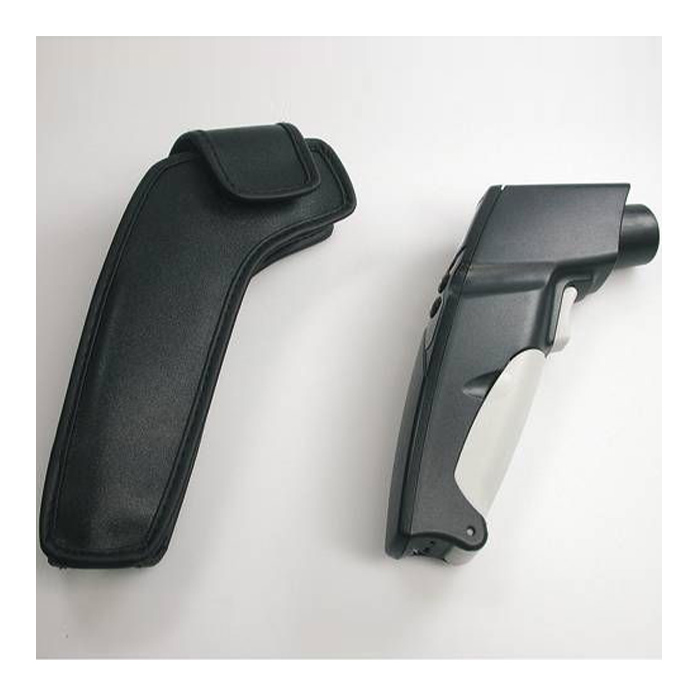
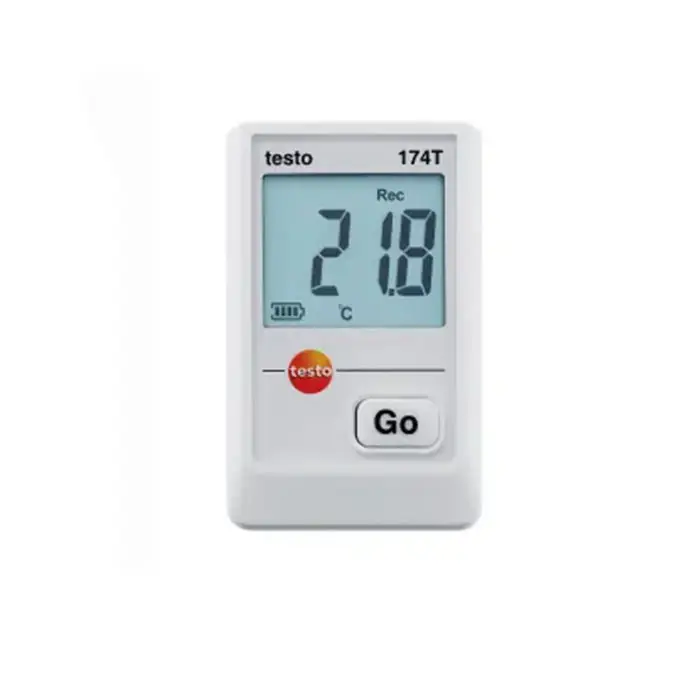
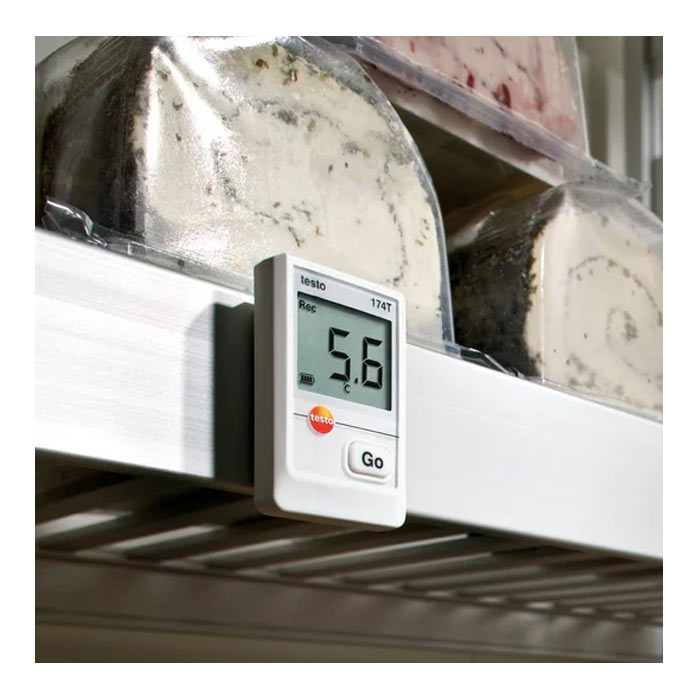
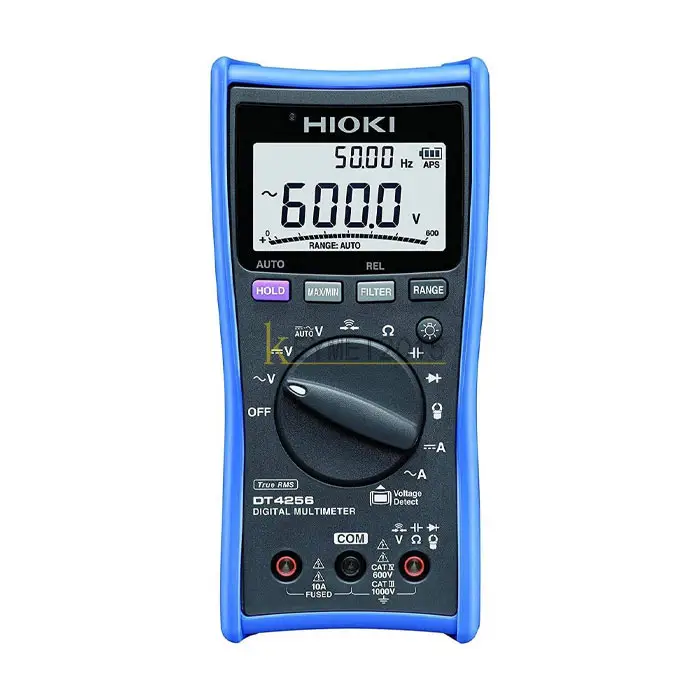
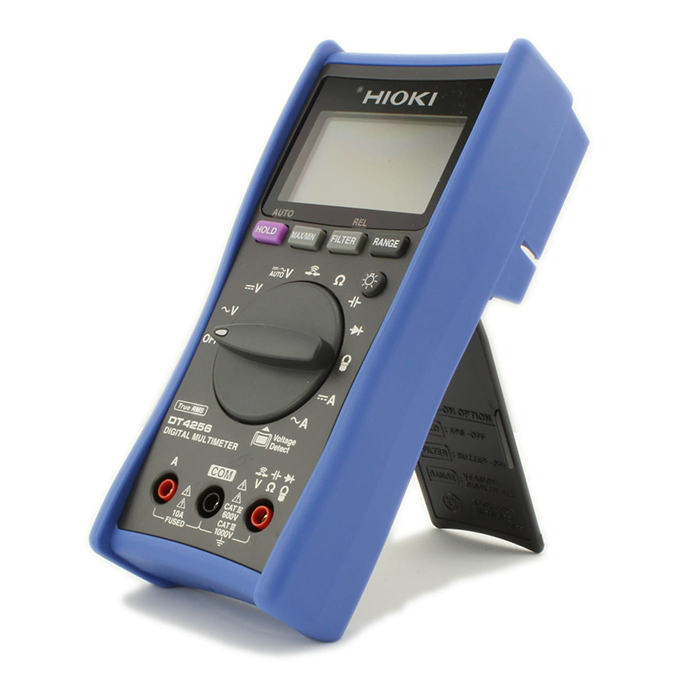
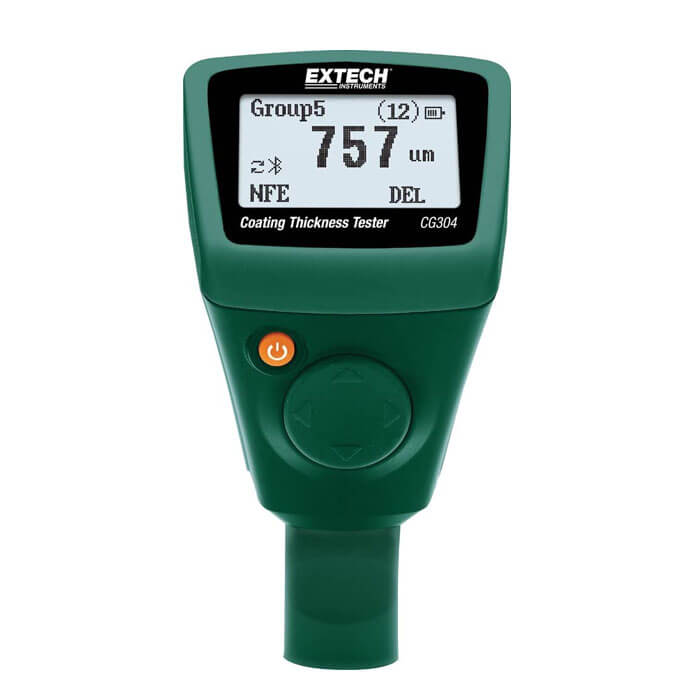
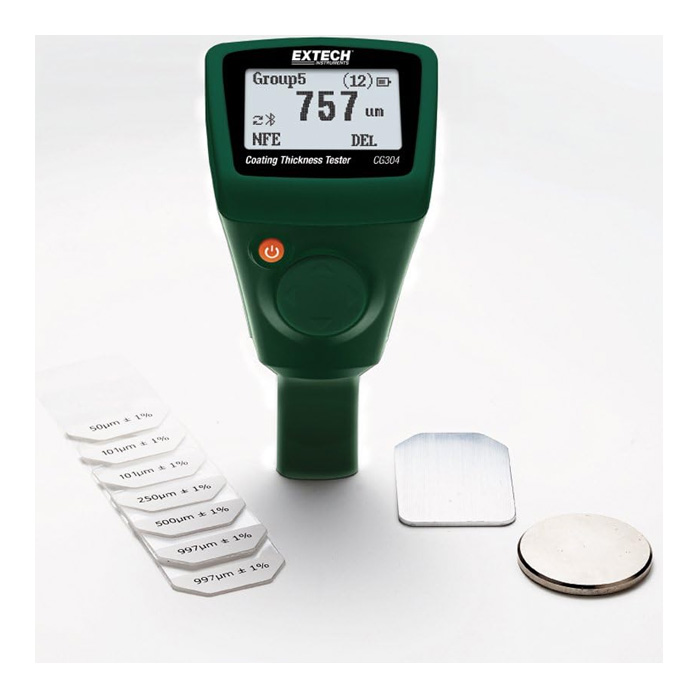












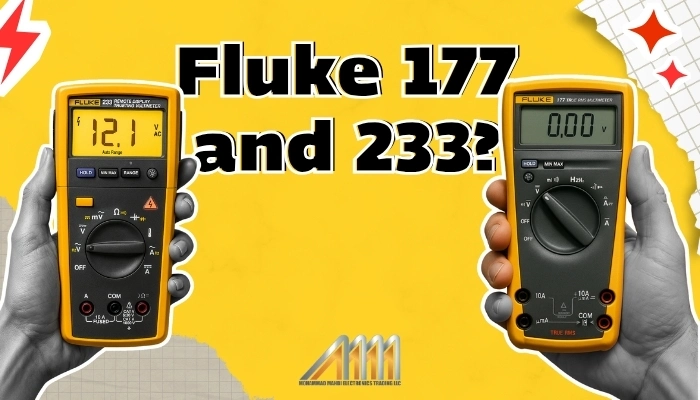
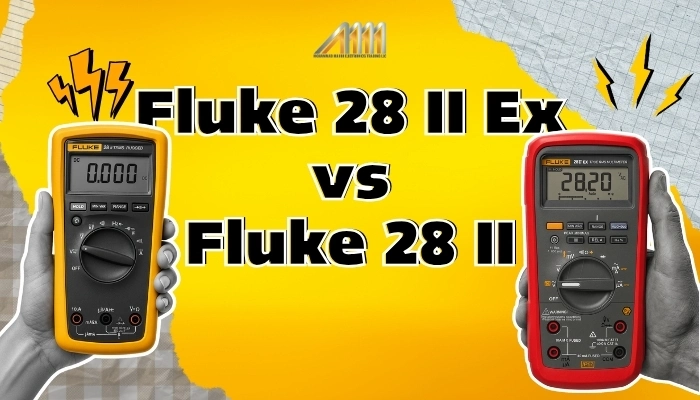

 Bench Multimeters
Bench Multimeters